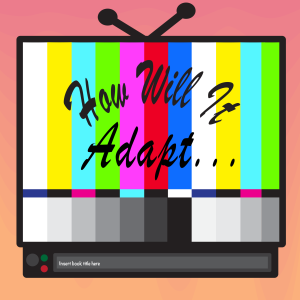Illustration by Tiffani Nelson
Eat any food you like but only five bites.
Fast according to the lunar cycle.
Eat cookies for every meal of the day.
Believe it or not, all of these seemingly absurd recommendations were actually fad diets that gained substantial popularity at one point or another. While different ways of eating come and go every few years, one specific plan has survived more than 50 years: Weight Watchers.
In 1963, Jean Nidetch, a housewife from Queens, founded Weight Watchers. After attending an obesity clinic, she decided to lose weight alongside her friends. Vox reports the group met weekly to discuss their weight loss goals and hold each other accountable. In the end, Nidetch lost 60 pounds and so began Weight Watchers.
Initially, the Weight Watchers diet was extremely strict. Verywell’s timeline of Weight Watchers’ diet plan reveals the initial plan was much more regimented. For instance, it required participants to eat fish five times a week and stay away from certain fruits.
Over time, the diet evolved to the more relaxed version it is today. In 1977, Weight Watchers introduced 1-2-3 Success Program, the first iteration of the plan involving points. The points were based on calories. However, in 2010’s the PointsPlus Plan, took into account micronutrients such as protein and fat for a more in-depth point system. The current plan, WW Freestyle Plan, expanded zero point foods to include more lean proteins. Vox also states the plan allows for less points to be consumed, but many foods themselves are less points as well.
Even though it has staying power, the program is not without its share of controversy. Weight Watchers rebranded to WW in 2018, as reported by Vox, in order to shift its focus from weight loss to overall health. Diets are falling out of favor, so Weight Watchers must scramble to stay relevant. The brand’s philosophy states, “Weight Watchers does not tell you what you can or can’t eat. We provide information, knowledge, tools and motivation to help you make the decisions that are right for you about nutrition and exercise.”
Kurbo, Weight Watchers’ app for children, also stirred up mixed opinions upon release. Health reports that some experts believe Kurbo may lead to positive weightloss. However, other professionals say the mental toll dieting takes on children is far too much.
While Weight Watchers has changed from its inception, it is still considered a diet as it revolves around counting calories and limiting food choices. Despite all the conflicting opinions surrounding it, it is still Trending Now just as it was Then.












M • Jul 6, 2025 at 1:48 pm
Points came out in 1997, not 1977.
Chris • May 5, 2024 at 5:34 pm
WRONG! Didn’t change to points until 1997 or later.
Bonni • Mar 15, 2022 at 12:32 pm
Jean Neditch was my mother-in-laws friend. She was one of the first people in the group. Then my mother went and Jean was in vited to my wedding. Just thought I would send in that little piece of history. My m-i-l lost the weight as did my mom at the time.
Denise Overcash • Nov 17, 2022 at 5:56 am
How awesome!! Thank you for sharing